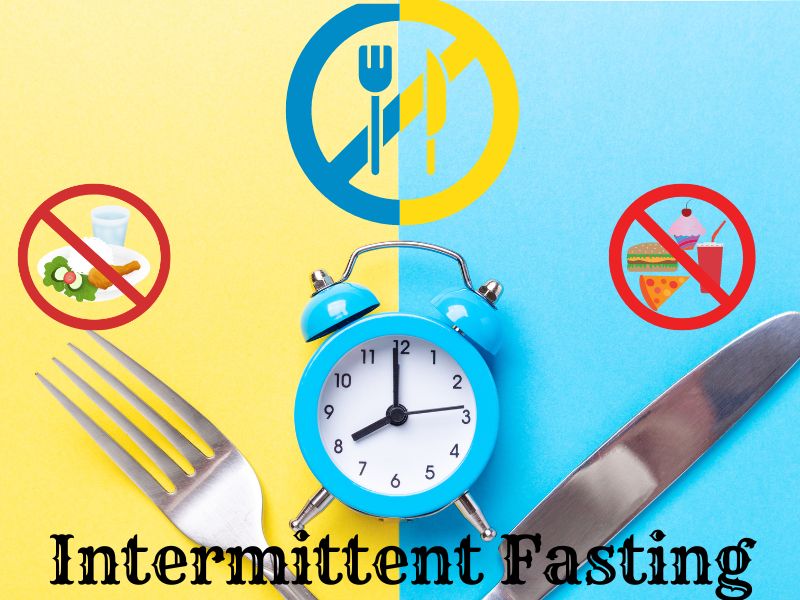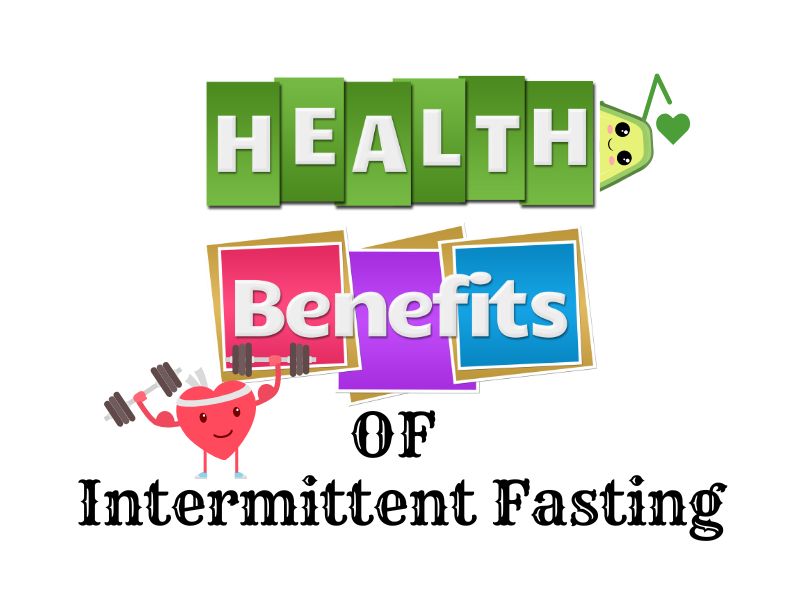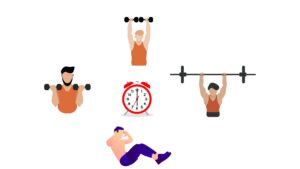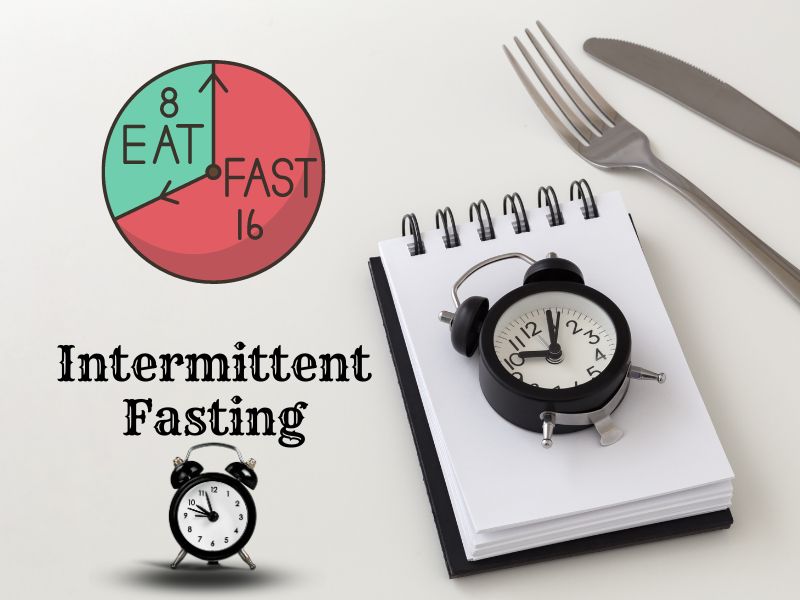
One of the widely practiced methods by athletes or people into fitness is intermittent fasting. It is one of the best things that you can do both for your health as well as fitness. The benefits range from both mental and physical health which translates into your fitness and workouts as well. So, how can you lose weight with intermittent fasting? Let’s get into it below.

Health benefits
Intermittent fasting is better than any detox drink that you might be drinking as those drinks wont do what you think they will do. Intermittent fasting actually detoxes you. It remodels your gut microbiome, in short, resets it and this aids with gut related conditions such as gastric issues, bloating, diarrhea etc. Your gut has a bigger impact on your overall health than you think. If your gut is in good condition, your mood will improve, you will have more energy to do things and you feel better about yourself overall.
Fasting helps lower your cholesterol, which is the leading cause of many heart-related conditions. Whenever you eat, your body produces insulin and since we eat all day, that production never really stops. Too much insulin makes your cells resistant to the insulin and your pancreas goes into overdrive. It keeps on secreting insulin to make glucose get into your muscle and fat cells. In other words, glucose for cells is like what fuel is for a car.
Benefits to Mental health
Intermittent fasting positively impacts your mental health as well. Eating too much can lead to being lethargic and not wanting to do anything. Whereas when you’re fasting
- your mind stays active and your mental clarity is at a peak,
- you think better and your memory gets better
- your productivity increases.
- It also helps lower anxiety and depression
mental clarity along with productivity can have that effect on anxiety and depression. Poor mental health is the leading cause of both these issues, if not the only one.

Working out while fasted
While fasting, your mind and body are both focused on your training. Your energy levels are better and you perform better even in the gym. Overclocking your body by making it digest food while building muscle will just hinder your goals. The only people who need to eat are the ones who didn’t have a proper meal in the 2–3-hour window before their workouts. If that’s the case, having a snack, something that is fast digesting such as bananas or eggs would be better as your body can absorb it faster and give you the energy you need.
If you’re training for endurance and your workouts are cardio-based, such as running and any other sort of HIIT exercises. By all means, make sure you have something before your training, at least 60 minutes before if it’s a fast-digesting carb or protein. Whatever your choice of food is. Doing cardio, especially HIIT cardio on an empty stomach can lead to nausea or might even lead to fainting.
When at the gym, the last thing you want to feel is sluggish and exhausted even when you know you haven’t pushed yourself that much in regards to working out. Eating too much or when you already ate in the 2-3 window can lead to you not being able to push yourself harder at the gym and wanting to quit sets or reps for no reason but because you feel tired. Working out fasted is not as hard as people think in fact it makes you feel and perform better. Just make sure you keep yourself hydrated before going to the gym or during your training as well if needed.

how to do intermittent fasting?
You can choose the time limit you set for yourself. All you need to do is build a habit around it and your body will get used to it. Let’s say you start at 8 pm (day1) to 12 pm(day2) or 12 pm to 4 pm, whatever your 16-hour or 10-hour fasting window is. There are no specific hours you need to fast. It’s just anecdotal about what works for most people, but you can choose to do an 8 hour fast or a 16 hour one.
It’s totally up to you. That’s the time when you will only drink liquids that are low or zero calories to keep yourself hydrated without eating a single morsel of food. Save your calories for the one or two meals that you will have later. The liquids can be anything from zero or low calorie coffee, teas, water, some other hydration drinks, whatever you like.
The main thing to keep in mind is the calories and, if it fits into your weight loss or caloric goal you have set for yourself, go ahead. Just do not drink liquid calories that are worth a meal. A 200 or more calorie coffee with sugar and cream is one thing you should avoid as that seems to be the go to for people nowadays and it’s never just one coffee or else it wouldn’t be an issue.
Once the time to eat comes, you should make sure you are eating enough protein, which is about 2.2grams per kg of body weight for optimal muscle growth. Whatever your weight is, multiply it by 2.2 and that’s the protein you need for the day. When you consume these huge meals, this will leave you full and you won’t be consuming extra calories at night. If, let’s say, your fast started at 6 am to 10 pm (16-hours fast) or 6 pm( 12 hours fast).
When your meals are bigger( full of protein and fiber). Your body will get fuller as the quantity of food is more for one sitting alone. This will make your body release the hormone leptin which signals your brain that you’re full and should stop eating. Leptin is the opposite of ghrelin, while ghrelin signals your brain to eat, leptin signals it to stop.
If you like what you read or have any questions let us know in the comment box.
To know about how you can prevent binge eating. Read how-can-you-prevent-binge-eating/
Here is a list of top ten foods for building muscle. Read top-foods-for-building-muscle/
Our top ten food list for weight loss. top-10-best-foods-to-lose-weight/